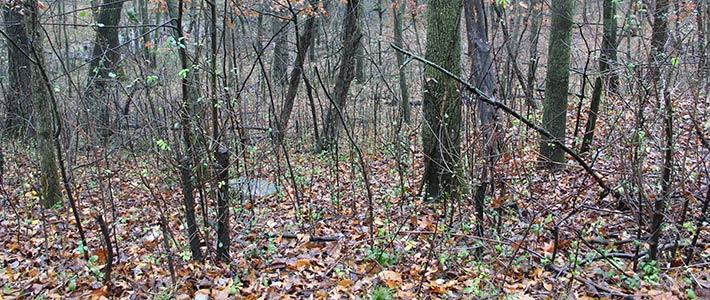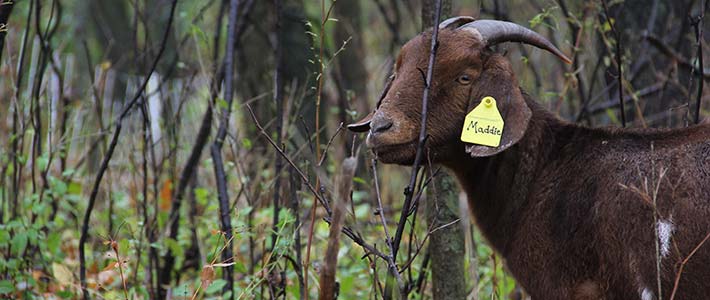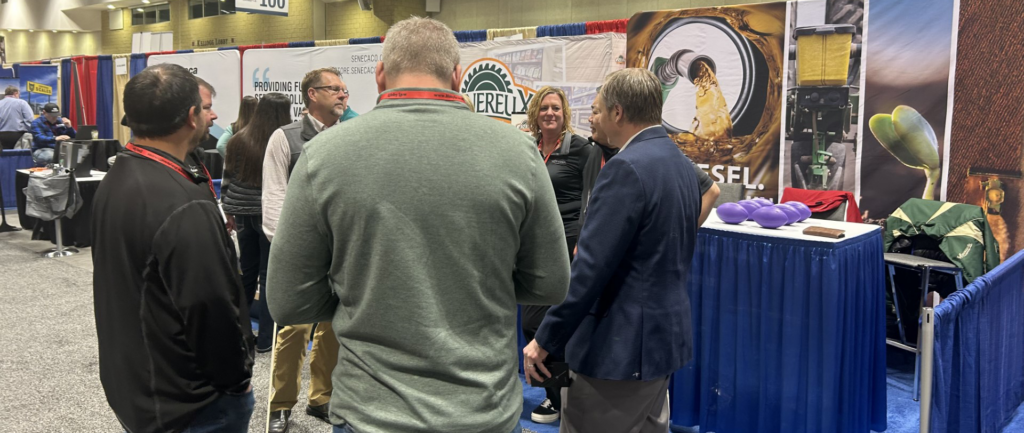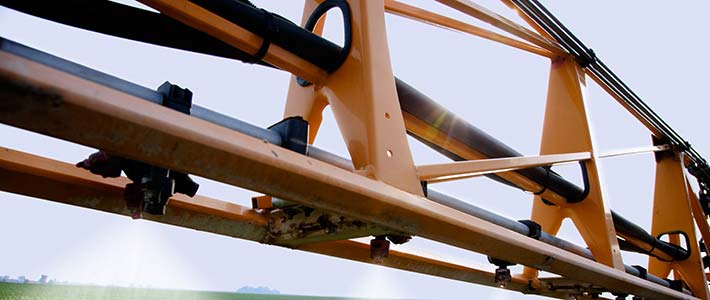Soybean aphids has quickly become one of the most damaging pests of soybeans in the Great Lakes Region, negatively impacting soybean yields and quality. There are numerous options for managing soybean aphid, ranging from aphid resistant soybean varieties, insecticides and predatory insects. These treatments focus solely on the field. However, soybean aphid requires buckthorn to overwinter. Buckthorn is a widely distributed, invasive shrub common in forests, woodlands and hedgerows.
There has been little research exploring the relationship between buckthorn density and soybean aphid populations. The Minnesota Soybean Research and Promotion Council (MSR&PC) has recently funded a project to explore this topic. The long-term goal of this proposal is to explore treatment methods for controlling buckthorn, decreasing soybean aphid populations, thus increasing quality and yields for soybean growers.
This in an interdisciplinary project that brings the University of Minnesota (UMN), Extension educators, and soybean growers together to try and answer the question, “Can buckthorn management have economic and ecological benefits for soybean growers?”
The University of Minnesota is looking for soybean growers who have 10 or more acres of woodlands or forests that they own and/or are publicly owned and adjacent to the soybean field. Field crews will sample in both the woodland and the soybean fields. Field crews will also set up forest inventory plots in the woodlands to gain information on the overstory, regenerating seedlings and saplings, and buckthorn density once during the summer growing season. This information will be shared with the landowner.
Field crews will use transects to sample soybean aphid populations 2 to 3 times during the growing season to quantify how soybean aphid levels change. This information will be used to test the relationships between buckthorn density, buckthorn proximity and soybean aphid populations through the growing season.
If interested and/or would like additional information regarding participating in the study, contact Dr. Marcella Windmuller-Campione at 612-624-3699 (office) or 847-772-5458 (cell) or by email (mwind@umn.edu).
Early season sampling will begin in June.
Tags: buckthorn, soybean aphid






